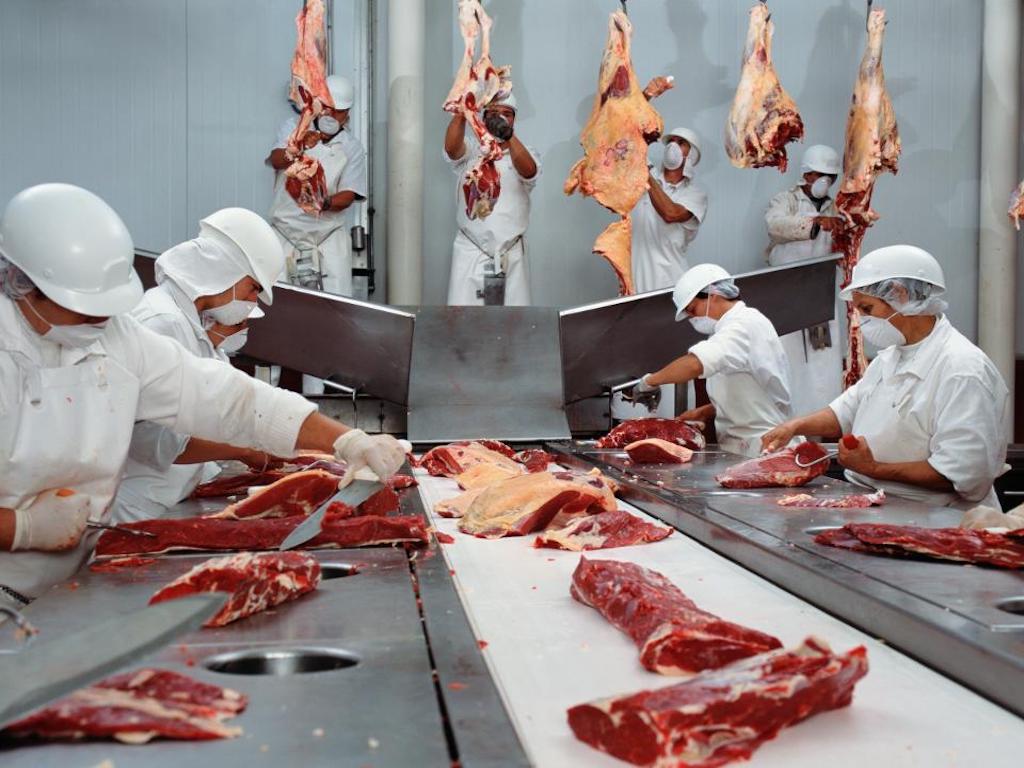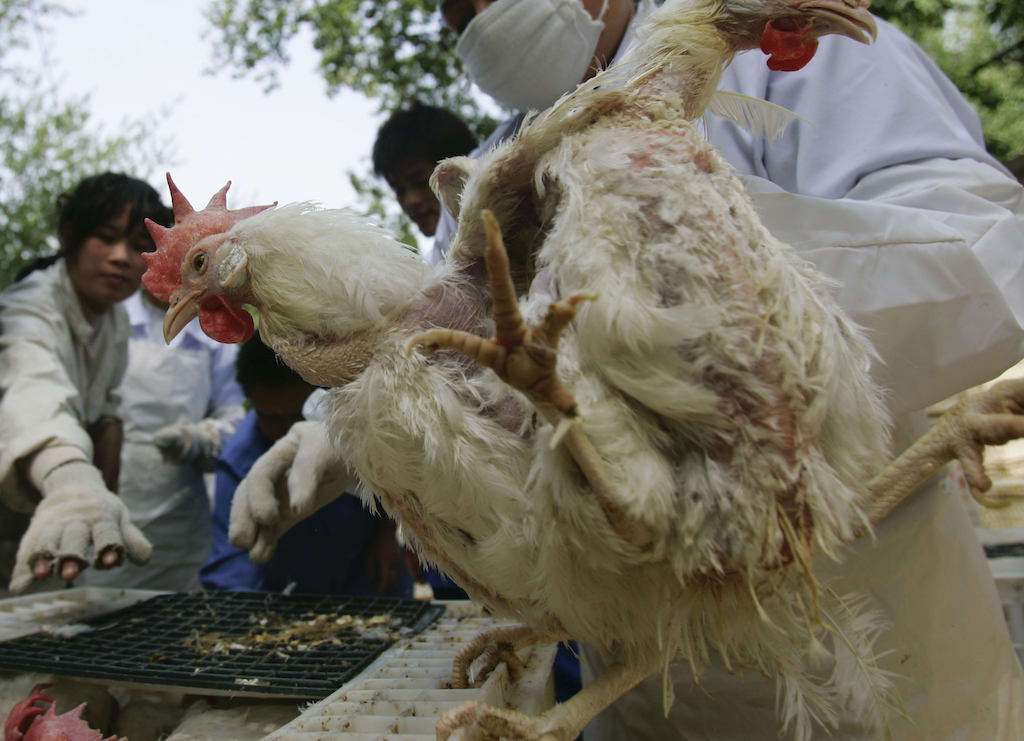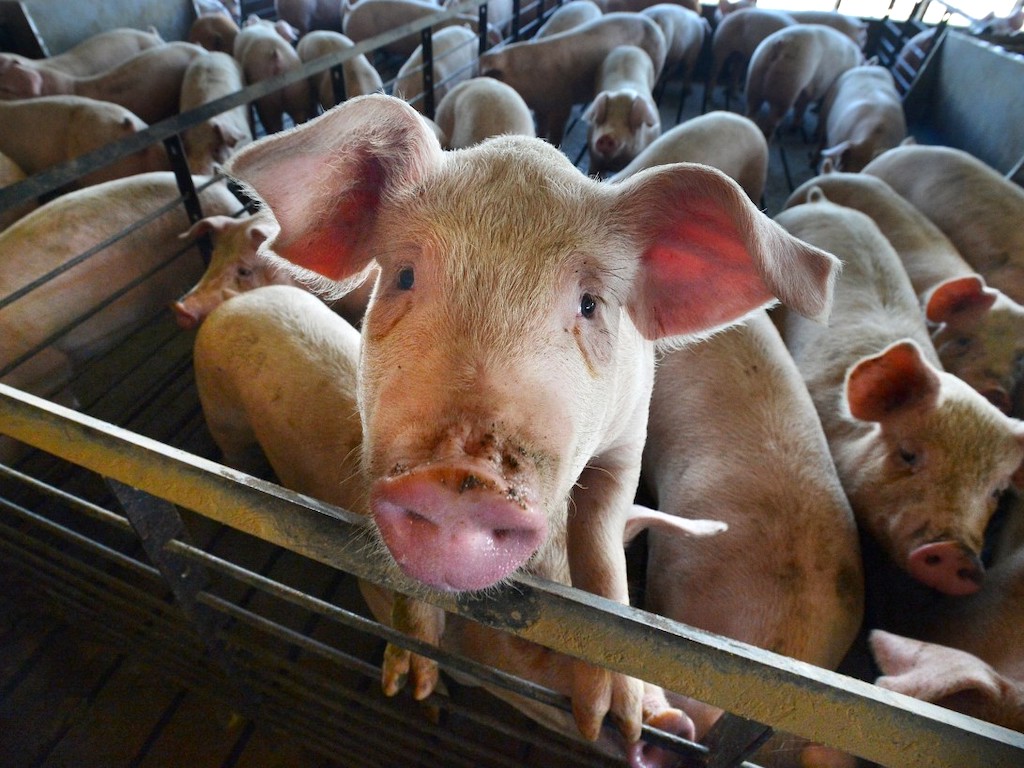3 Mins Read
Millions of farm animals are to be “depopulated” using inhumane methods such as suffocation, drowning and shooting, in spite of widespread hunger during the economic fallout as a result of the coronavirus pandemic. This latest meat supply chaos is another blow to the meat industry, which is facing mounting criticism over its unsustainable and unethical nature that additionally poses dangers to public health.
As a result of global slaughterhouse shutdowns related to the coronavirus crisis, more than 10 million chickens have been culled, with the majority being suffocated by a water-based foam that works in a similar fashion to fire-fighting foams.
Meanwhile, the pork industry is also warning that over 10 million pigs could be sent to their graves from now until September. The methods typically employed to cull pigs include gassing, shooting or “blunt force trauma”. Guidelines by the American Veterinary Medical Association (AVMA) have even suggested using carbon dioxide while shutting down ventilation systems to suffocate animals.
Animal welfare expert Leah Garcés of Mercy for Animals told the Guardian that manual blunt force trauma essentially means using violence to slam piglets against the ground, while ventilation shutdowns is a process that “cooks the pigs alive”.

The United States has faced the worst outbreaks in its meat facilities, with over 180 meat and food processing plants now recording coronavirus cases, prompting widespread closures that will lead to even more animals being culled over the next few months. According to the United Food and Commercial Workers (UFCW), beef and pork slaughtering capacity has been cut by as much as 40% due to coronavirus outbreaks.
This concerted effort to “depopulate” farm animals comes as food banks across the country have reported skyrocketing demand, as the pandemic ravages the economy, costing some 36.5 million jobs in the United States within two months. One recently set up distribution centre saw lines spanning nearly 10 kilometres.
Fearing the backlash, the industry is now making attempts to fight the negative public image of inhumane “depopulation” methods. In one blog post managed by the National Pork Board in the United States, it suggested that farmers should “think twice” before revealing “what may be happening on farms right now”.
Read: Coronavirus explainer – why our global food system is broken

Aside from the unethical human conditions that have been exposed by the pandemic, as well as the consequent food waste due to forced animal culling, the animal agriculture industry itself is a major driver of ecological degradation. The United Nations estimates that animal agriculture is responsible for 18% of global greenhouse gas emissions, huge amounts of water contamination and rampant deliberate deforestation leading to mass biodiversity loss.
In April, the world’s top biodiversity experts warned that far worse and deadlier pandemics are to come if we do not change our system now, and cited animal livestock as one of the crucial root causes of disease outbreaks.
This latest extravaganza of mass animal killings as a result of coronavirus disruption is yet another signal that the current food chain must undergo dramatic changes. If we are to protect both human and animal lives and bring about a more crisis-resilient system, we need to quickly shift away from the unsustainable meat-centric food system.
Read our previous news coverage of Covid-19 here.
Lead image courtesy of News & Observer / TNS.




